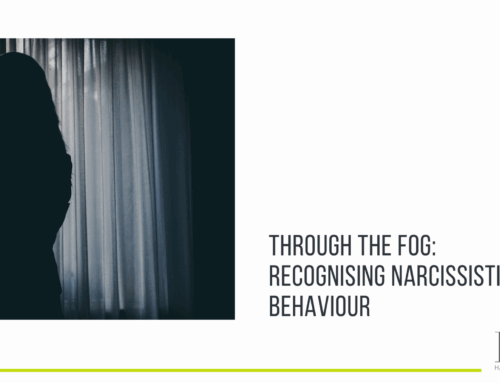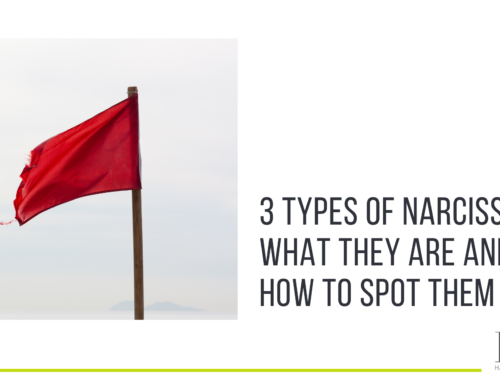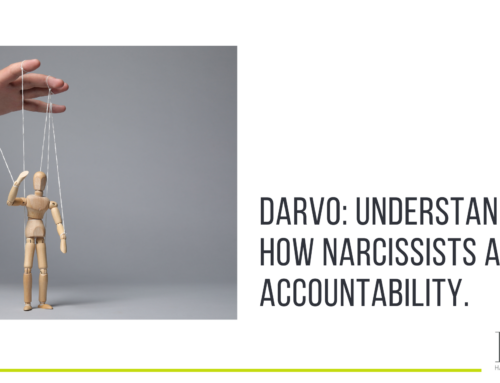Narcissism is typically associated with people who are highly self-important, self-centred and have a constant need for attention. But not all types of narcissists display these characteristics in the same way. In fact, those referred to as “covert” narcissists can often come across as shy, self-conscious and sensitive.
Unfortunately, having a relationship with such a person can be just as damaging.
Although it can be much harder to identify this type of narcissist, there are some signs you can look out for. Here are several common traits of the covert narcissist and how to spot them.
Sensitive to criticism
We can all find criticism hard to deal with at times, but your typical covert narcissist has very poor self-esteem. They may become sarcastic or dismissive when faced with criticism to disguise the fact that they’re feeling extremely sensitive.
A covert narcissist might also try playing the victim to deflect criticism, or become defensive and refuse to acknowledge responsibility for any wrong-doings. The emotional fragility and turbulence that comes with narcissism often causes mood fluctuations, which a spouse or partner will inevitably have to deal with.
Self-deprecating
Covert narcissists will often put themselves down in the hope that you’ll praise them. Their constant need for compliments and reassurance can be exhausting as no kind words are ever good enough for them.
If they don’t receive enough praise, they might harbour feelings of bitterness and resentment – which can make being in a relationship with them even harder.
Easily jealous
A covert narcissist struggles constantly with feelings of inadequacy. They’ll often get jealous when faced with other people’s talents, achievements and relationships. Because they’re distracted by, and focused on, other people’s successes, covert narcissists struggle to work towards anything long-lasting and meaningful themselves.
It’s often the superficial characteristics that make a covert narcissist feel inferior. They tend to be envious of people who earn more money, have a bigger house, or a higher status. This jealousy might also be accompanied by paranoia and distrust of everyone around them.
Passive aggressive
Covert narcissists will often hold negative and unkind feelings towards other people and display these using passive aggression. This can be incredibly toxic for those who experience it, and can create a sense of dread and instability in a relationship.
Examples of passive aggressive behaviour include:
- Giving someone the “silent treatment”
- Trying to shift the blame or gaslighting
- Being sarcastic or mocking
- Engaging in emotional blackmail
A lack of boundaries
Because narcissists have a constant need for attention, they’ll usually want to talk to you about their problems wherever possible. Given how self-absorbed they are, these conversations can be very one-sided, not to mention draining, given how self-absorbed they are.
You might find that they’re constantly trying to call or text you, even when you’ve said you’re not available. Then, if you don’t answer, they’ll often try to make you feel guilty and indebted to them.
At Harrogate Family Law, we’re the experts when it comes to dealing with narcissists, and we understand how daunting it can be to contemplate a divorce or separation. That’s why we’re here to be in your corner. If you’re feeling trapped in a narcissistic relationship, we can help you take the first step towards a happier future.
Send us an enquiry to see how we can help you today.






